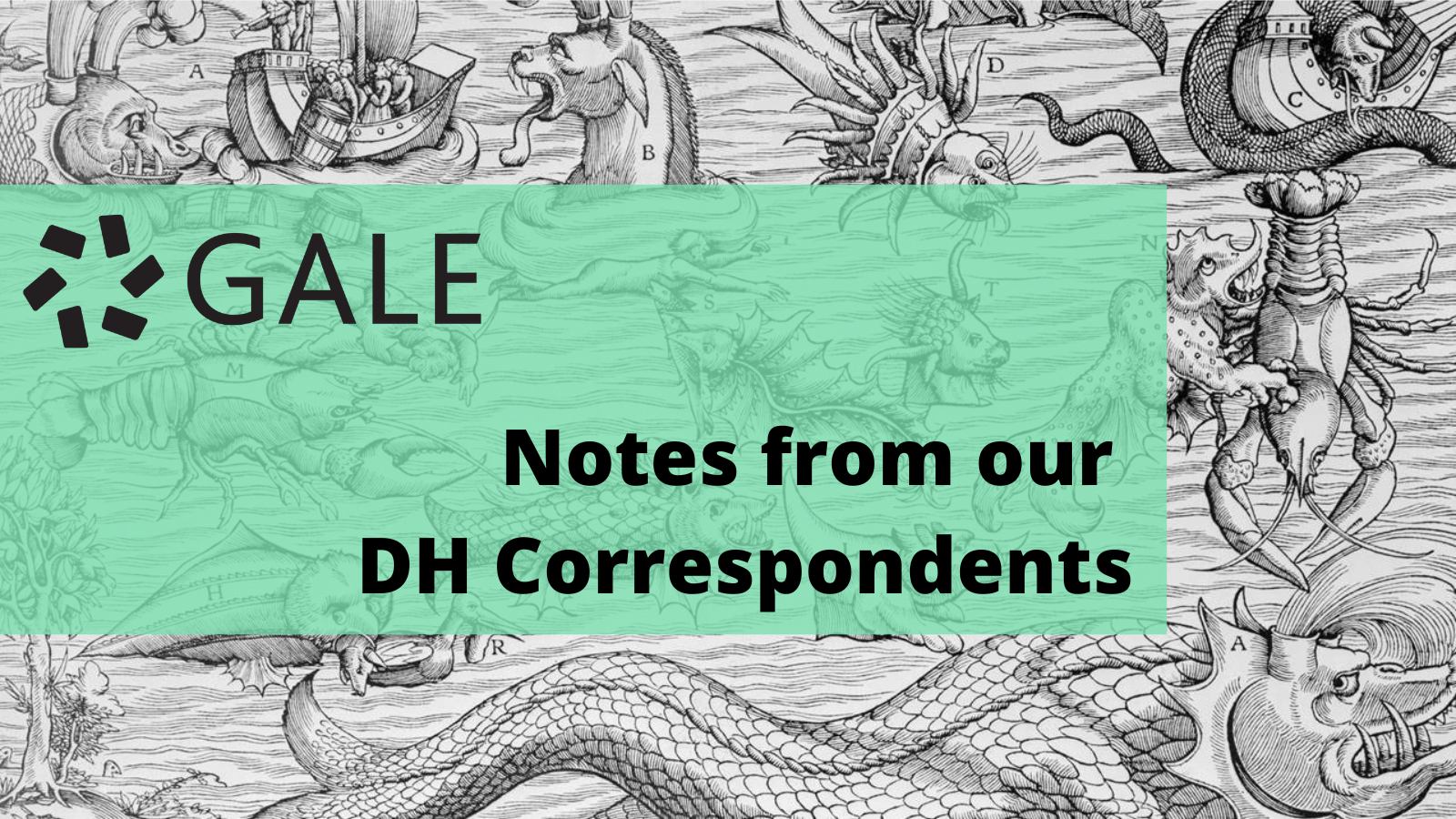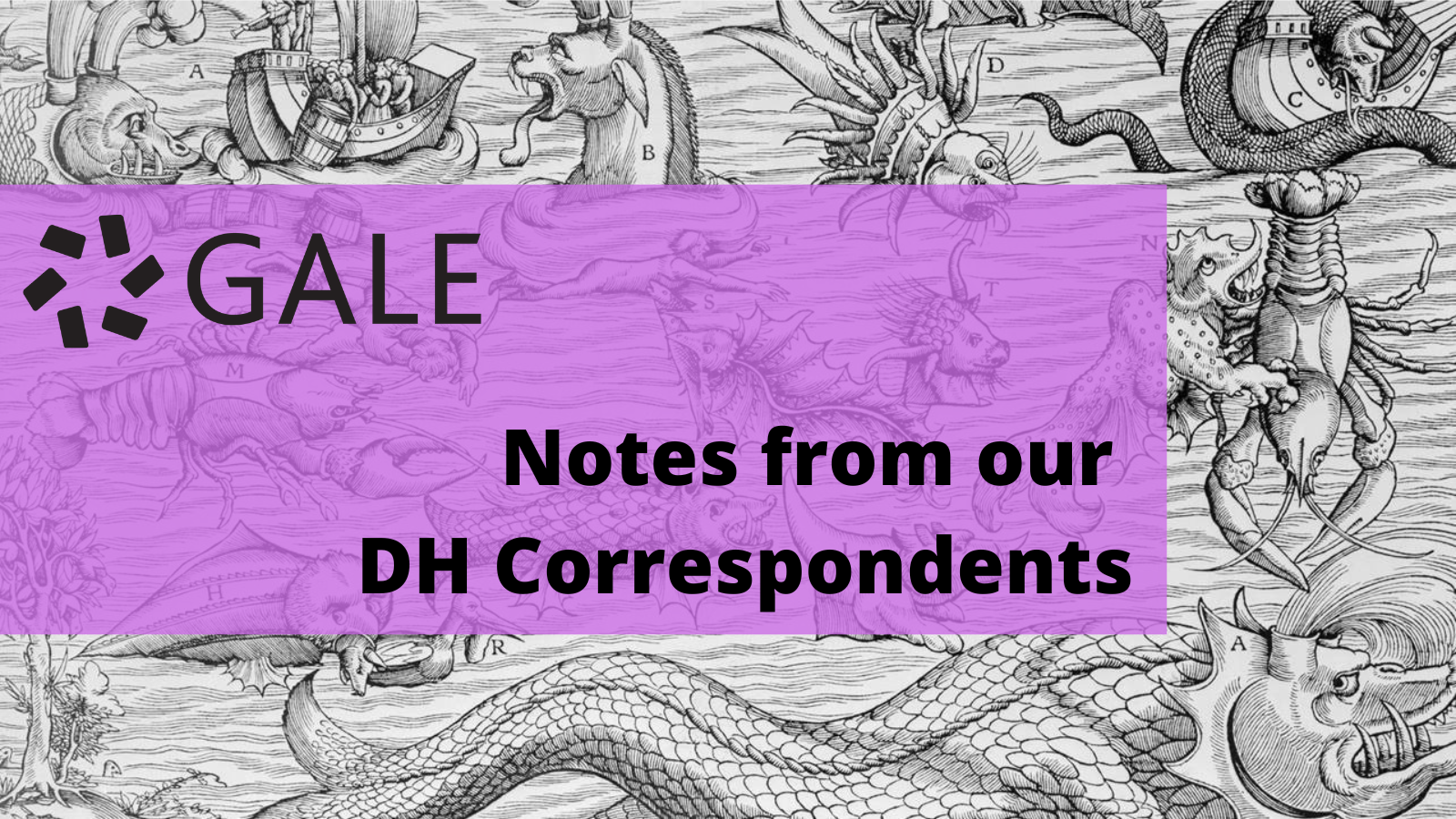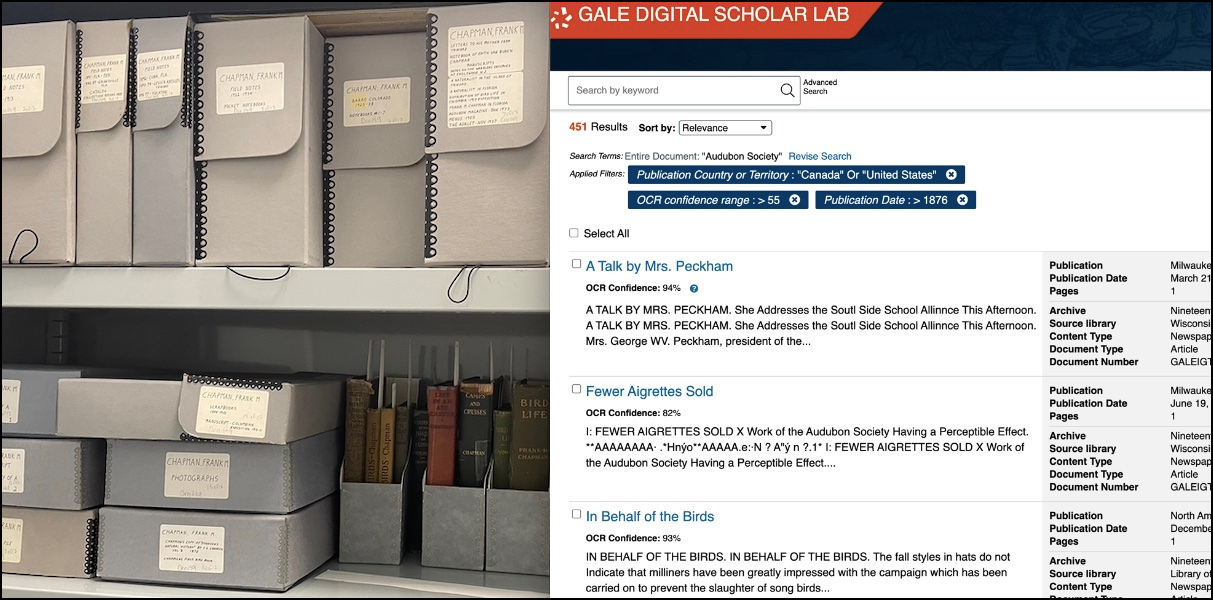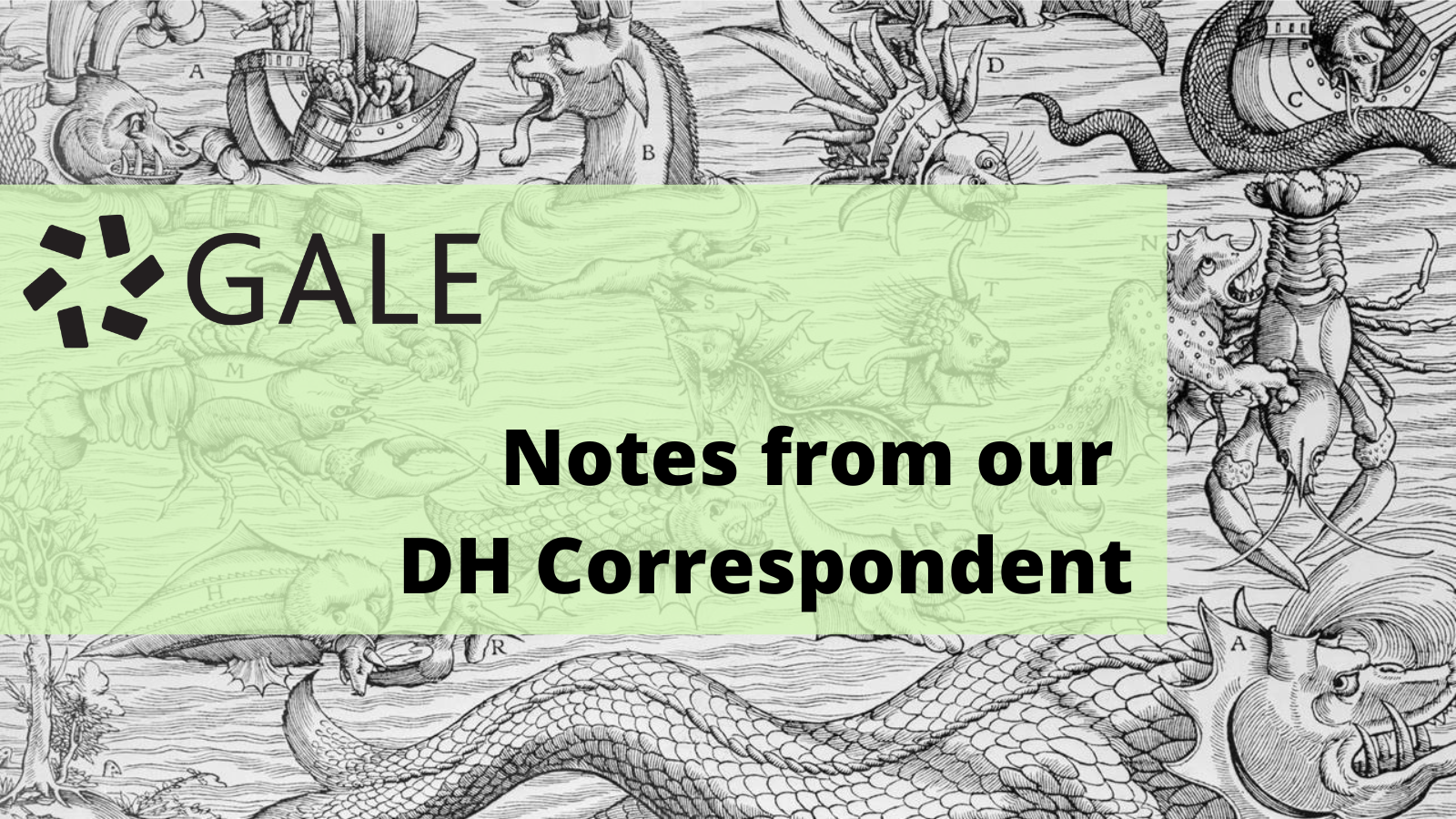│By Becca Gillot, Gale Digital Scholar Lab Product Manager│
One of the easiest tools to understand and use in Gale Digital Scholar Lab is the Ngram tool. This blog post will explain the tool itself, how to use it to explore your content set, and some tips and tricks for getting the most out of your visualisations.
The Ngram Tool
The Ngram tool is one of the easiest to understand in Gale Digital Scholar Lab. The tool works its way through the cleaned OCR that you have created (by applying a cleaning configuration to your content set) and counts how many times an ‘Ngram’ appears, before displaying that data as either a word cloud or a bar graph.
The Ngram tool is great for getting a high-level overview of your content set, so you can see at a glance the themes, key concepts, and ideas contained in the documents you are exploring. This type of distant reading is particularly great for large content sets that can be unwieldy to explore using close reading, or for content sets you’re not familiar with, but can also be used to analyse specific texts, such as an individual monograph. Even if you know your material really well, the Ngram tool can be a great way of presenting that knowledge as an accessible snapshot that others can quickly understand.
Read more










